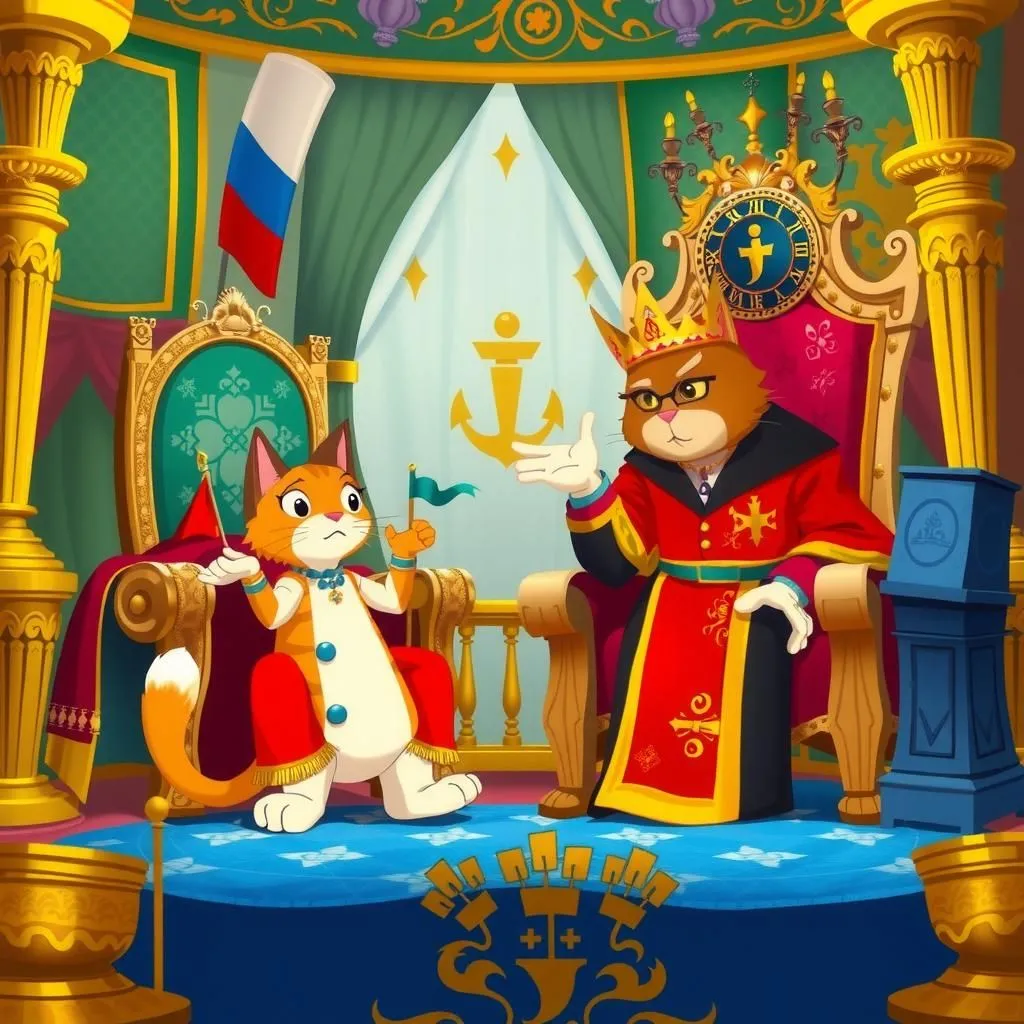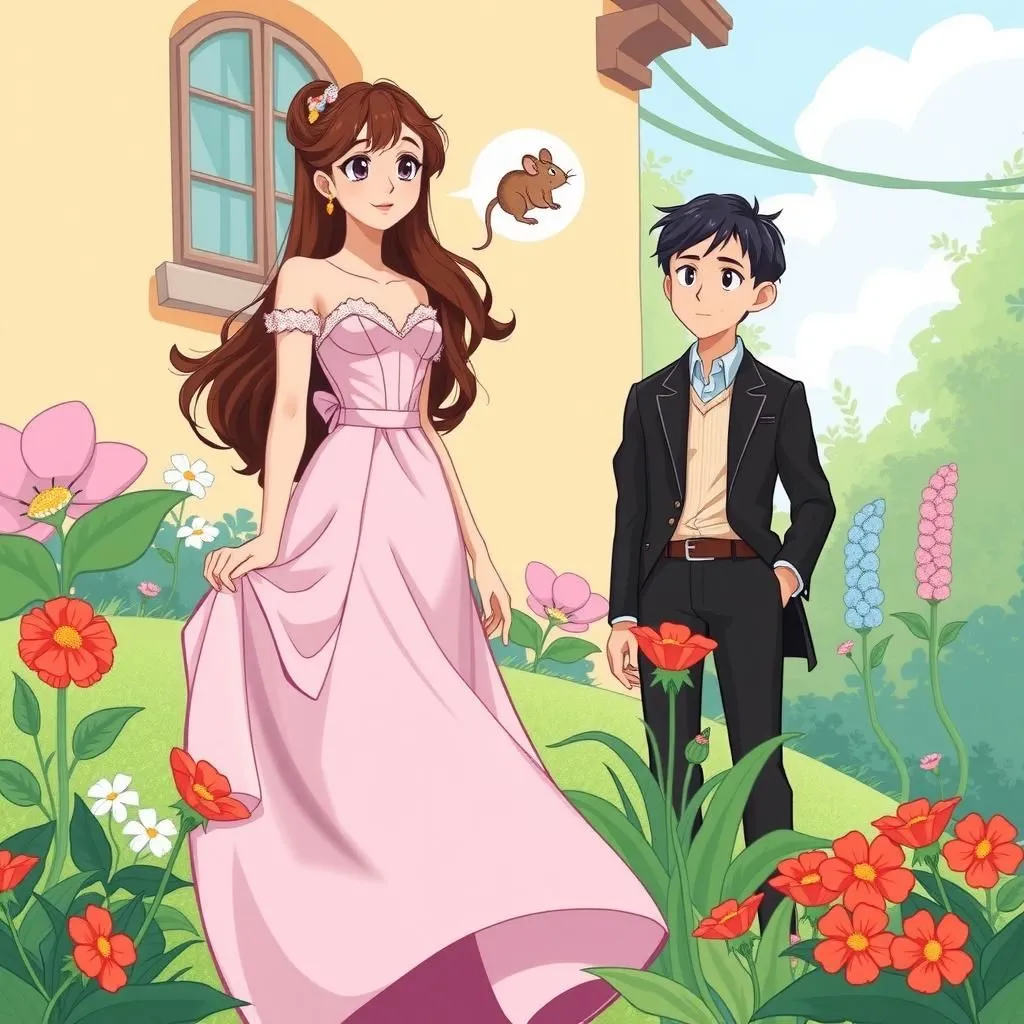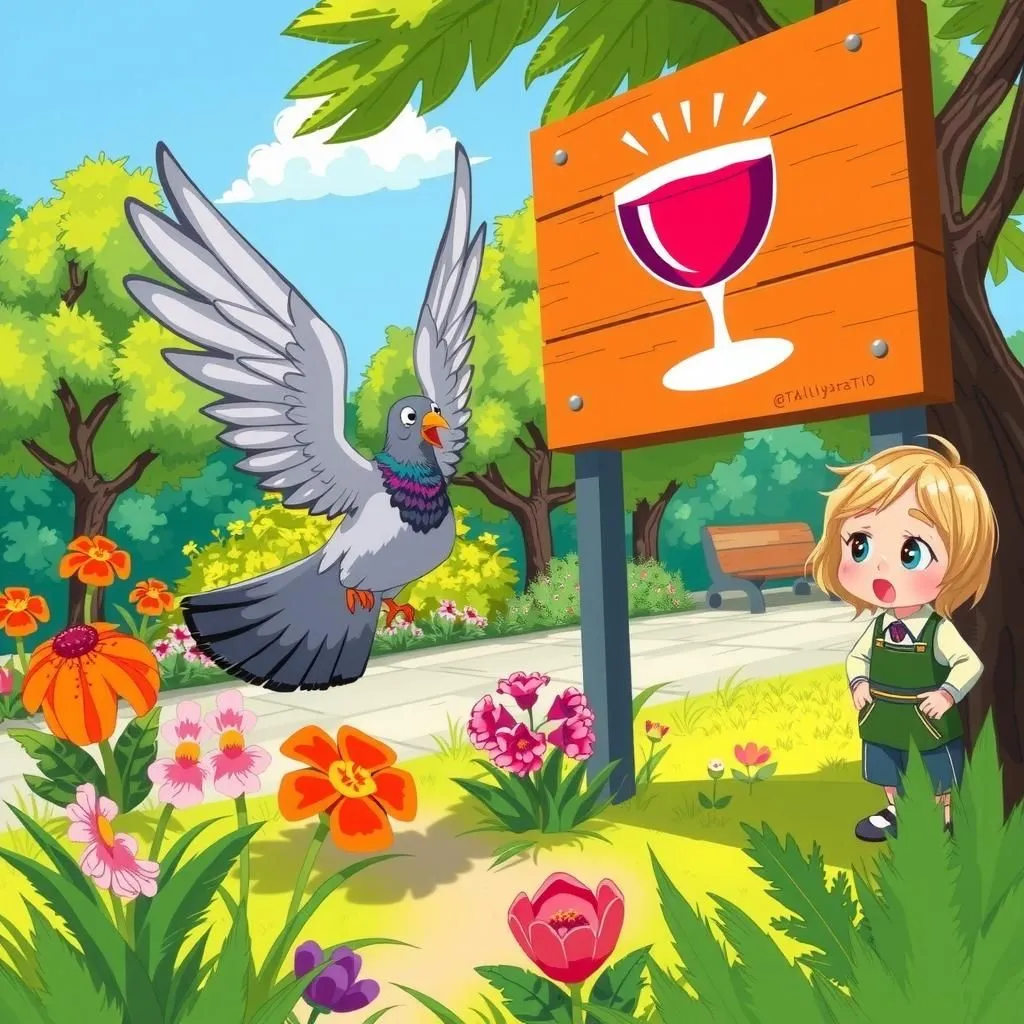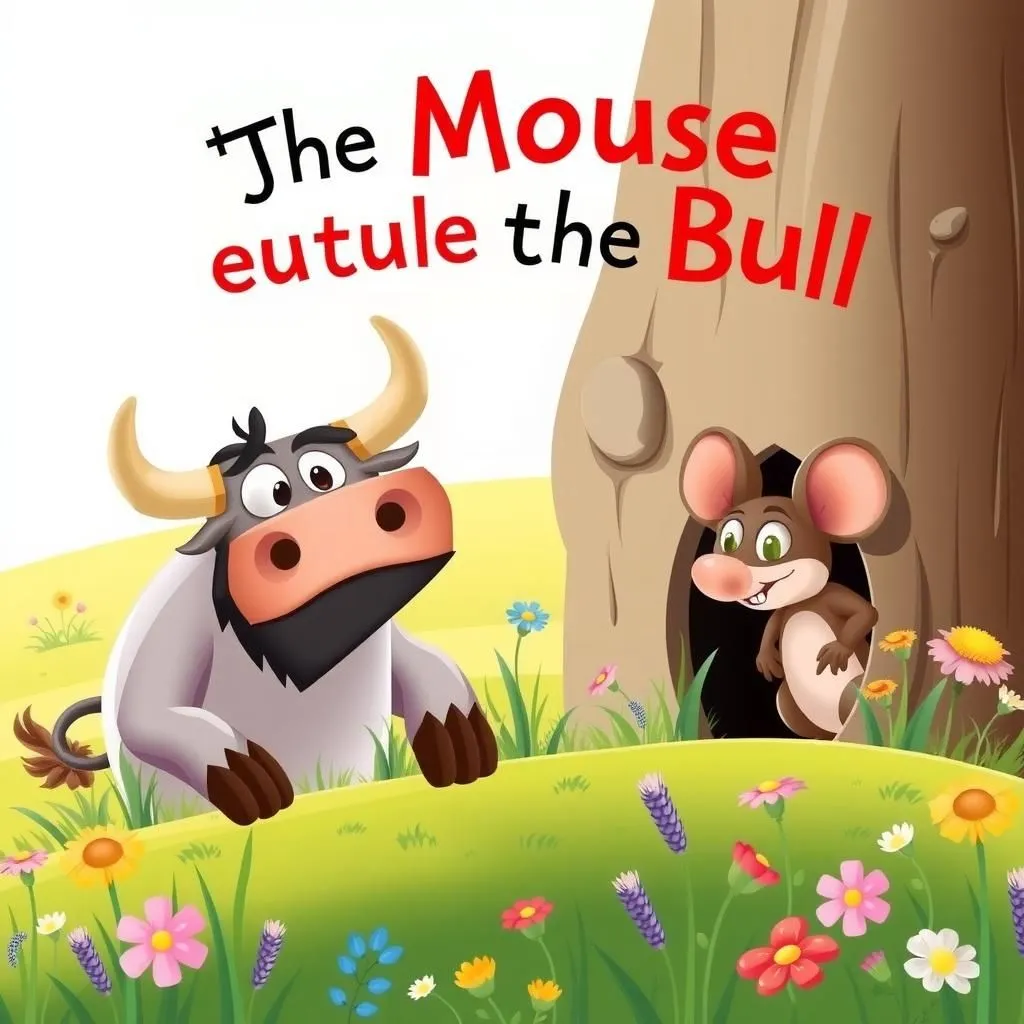
The Cat and the King
In "The Cat and the King," a clever cat critiques the monarch, expressing a preference for the "King of the Mice," which amuses the king. This very short moral story illustrates the value of wit and the unexpected freedoms it can bring, as the king humorously grants her permission to attack his Prime Minister. As with many educational moral stories, it reminds adults that cleverness can lead to unexpected consequences.


